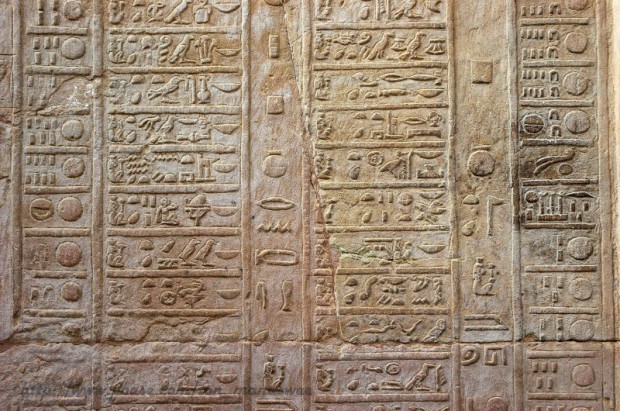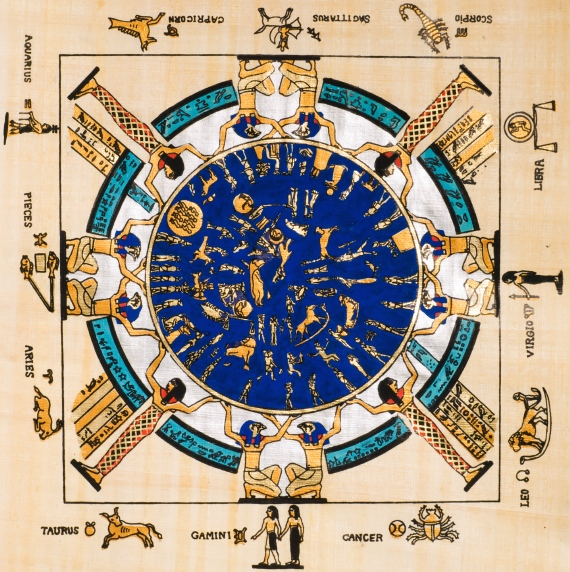
Over than 5000 years ago, the ancient Egyptians came up with their own calendar and months and it holds a lot of similarities to the way we perceive a typical year these days. The Ancient Egyptian calendar was originally based on twelve lunar months, grouped into three seasons of four months each to coincide with the rise and fall of the waters of the Nile.
The beginning of the year, also called “the opening of the year”, was determined by the appearance of the star Sirius, in the constellation of Canis Major, which occurred around June 21st. However, because the rising of Sirius is a stellar event, which means it occurs every 365 ¼ days, the rising of the star did not precisely match the calendar, which was based on the lunar cycle and so had an average of 354 days–11 days less than a solar year. This meant that the rising of the star would very quickly be out of sync with the calendar. To correct this, the Egyptians introduced an extra month to create a “Great Year” of 384 days every 2 or 3 years.

However, because this calendar was either not accurate enough, too complicated, or unsuitable for economic and administrative purposes, a standard calendar was introduced in the Old Kingdom to run along side the lunar calendar. This calendar, which probably resulted from counting the number of days between successive risings of Sirius.
The ancient Egyptian calendar is the oldest calendar in recorded history, and it’s months and season attributed different gods and goddesses they worshiped. Thoth is derived from the name of knowledge god, inventor of writing. Phaophi is the name of god of agriculture as the earth is overwhelmed with greenery during that month, its followed by Athyr derived from the name of love and beauty god. Khoiak which is dedicated to honoring the god Abis.
As seasons change, approaches Tybi which is another form of the god Amon, the god of Thebes. Mekhir comes with storms as it’s accurately dedicated to the god of storms Mento. Phamenoth is derived from the god of heat and Pharmuthi is derived from the god of cold wind and sometimes death. Pakhon honors the moon and its god Khesno, while Epiph could refer to Hapi the god of the Nile River, to end the year with Mesore, in reference to the god of the sun.
The gods the ancient Egyptians worshiped were integrated in all of their life aspects, the months and the season, festivals and celebrations, Ancient Egypt was religious and their faith shaped their life.




